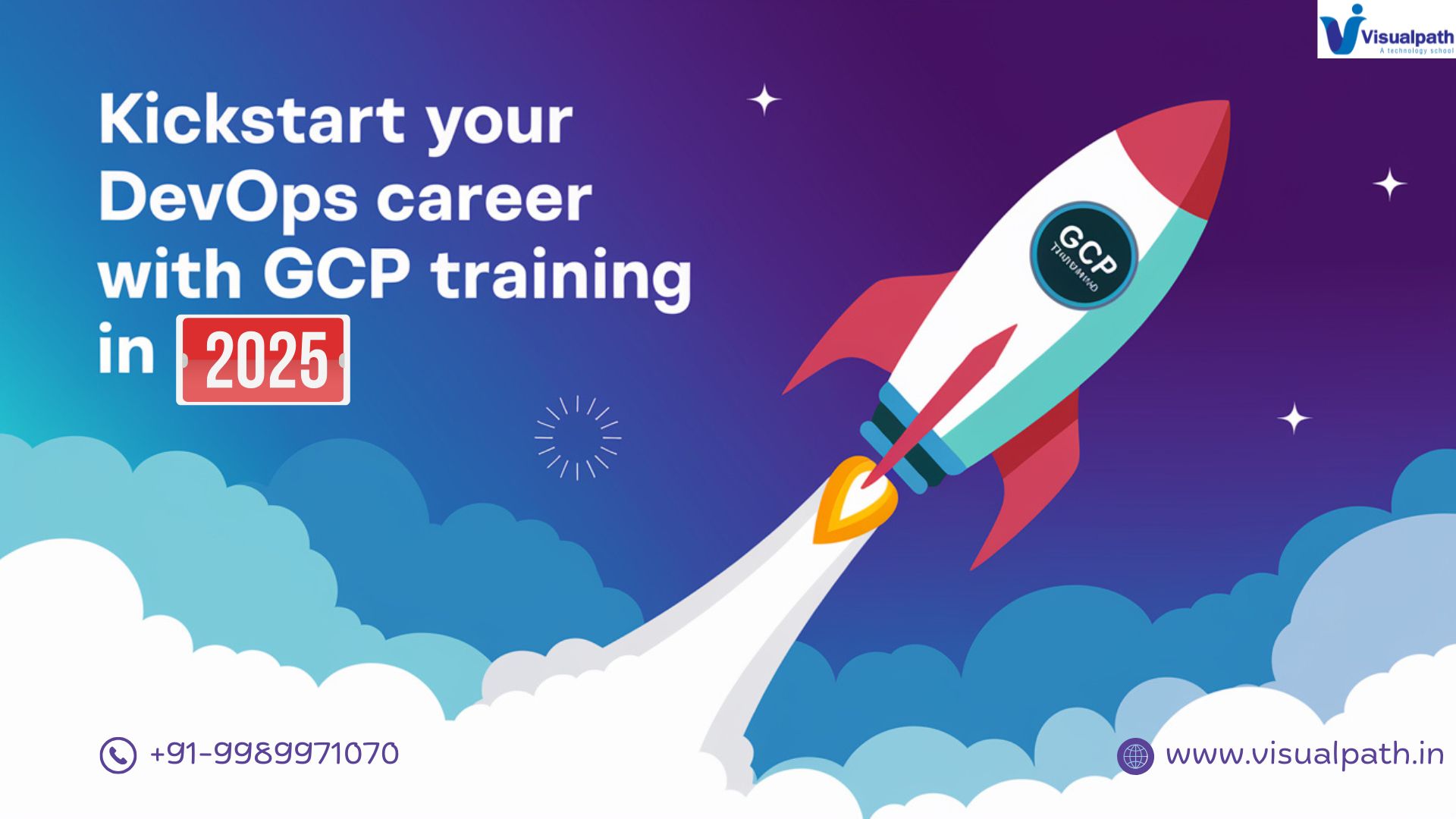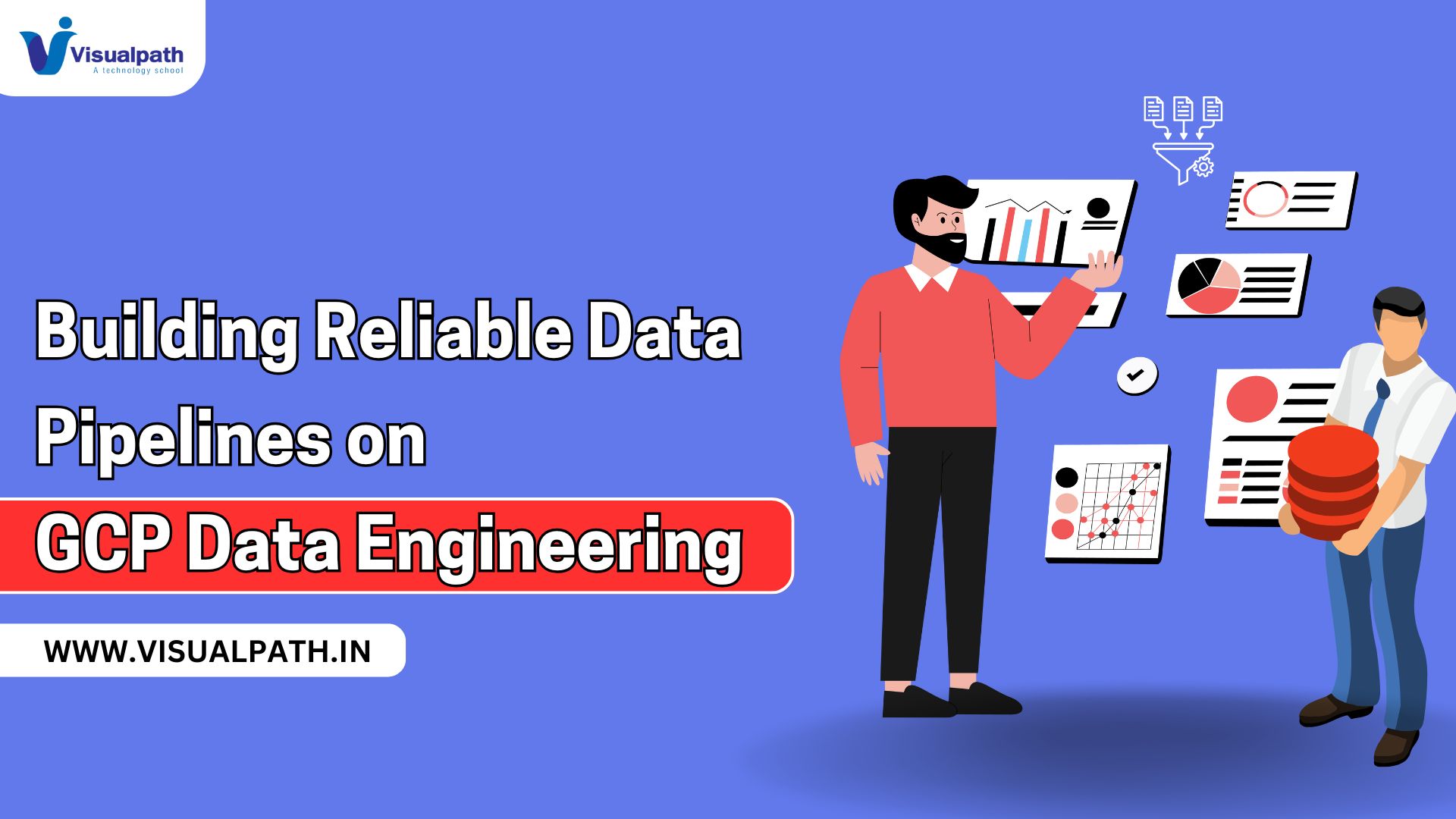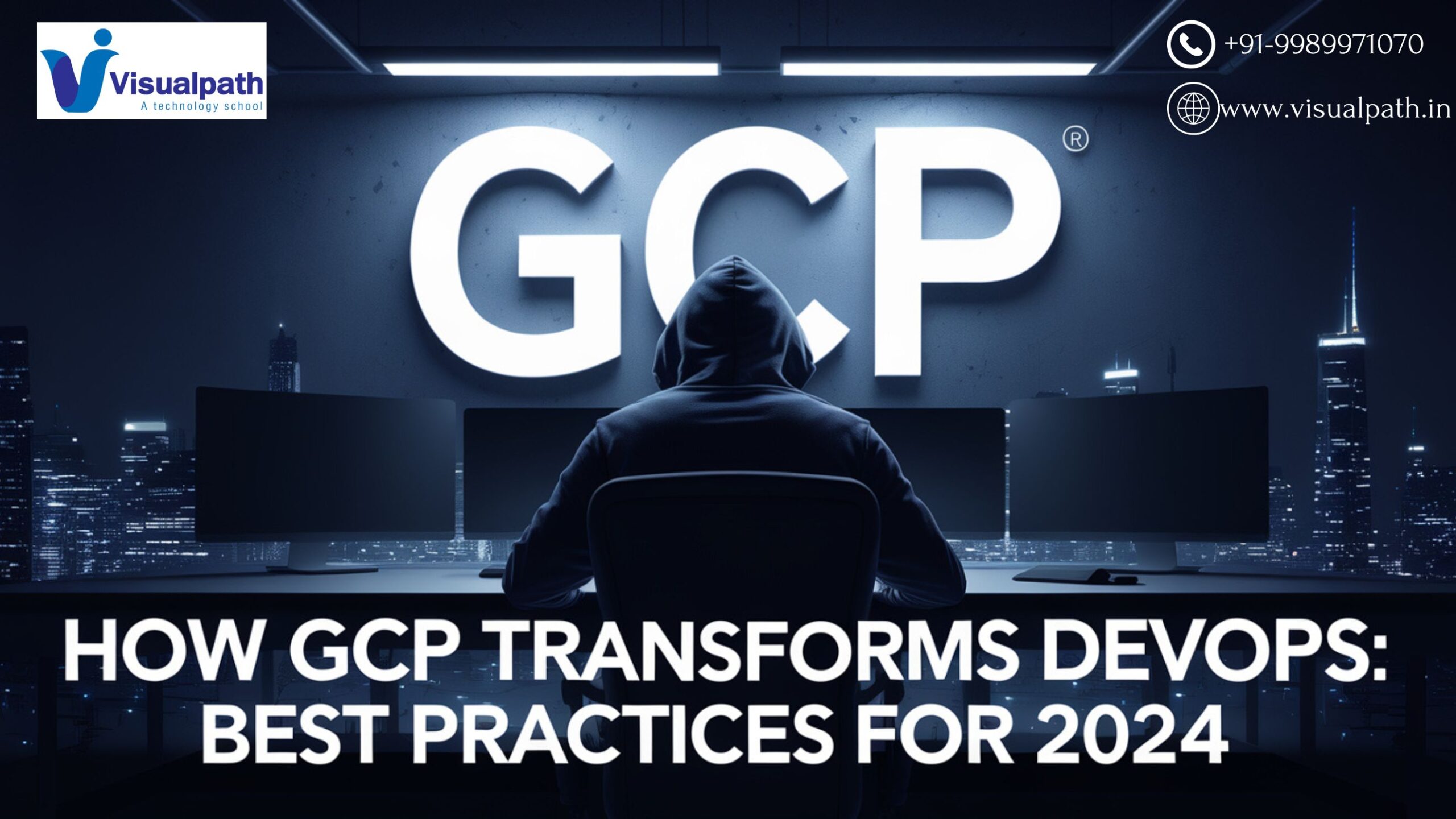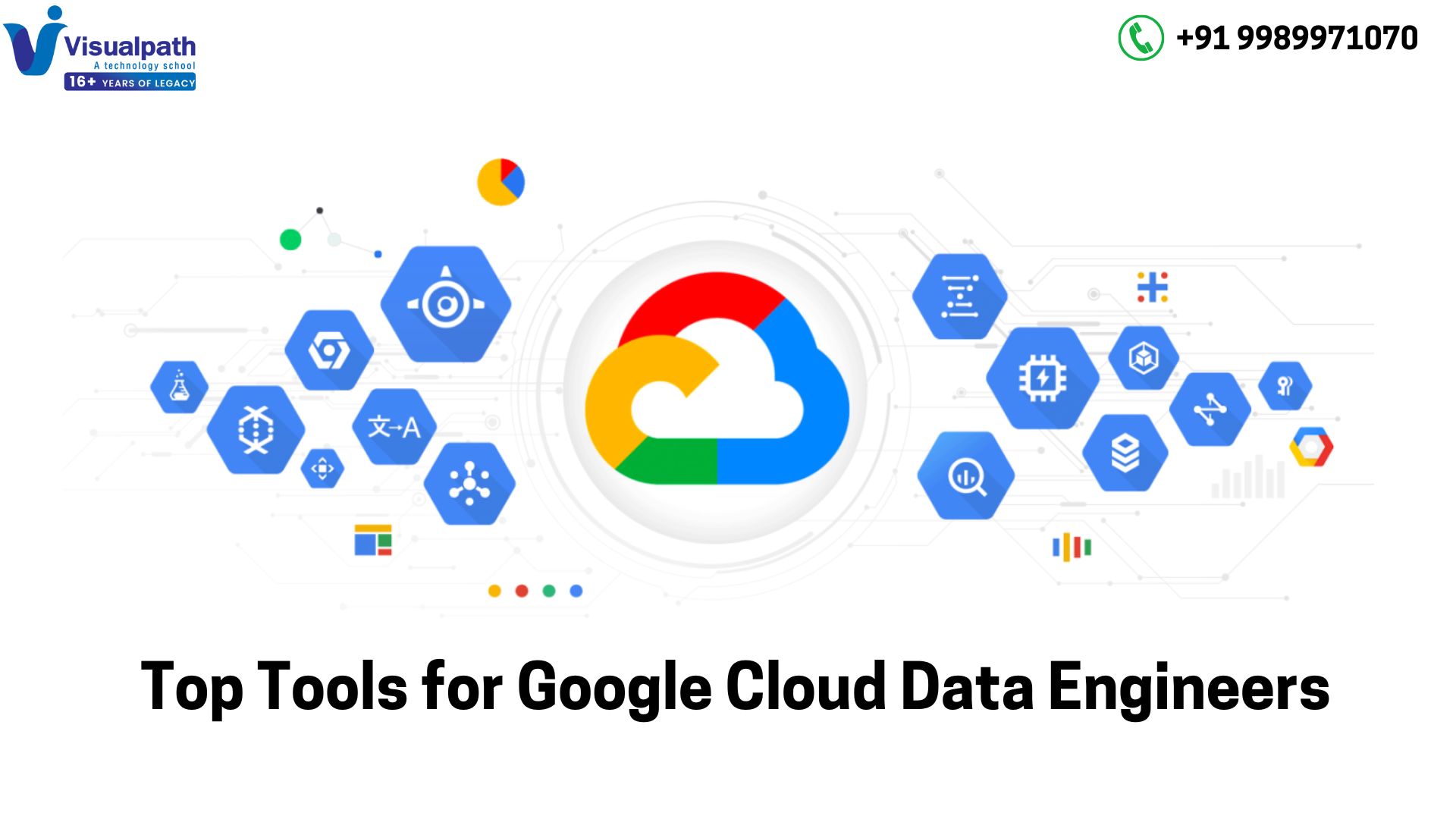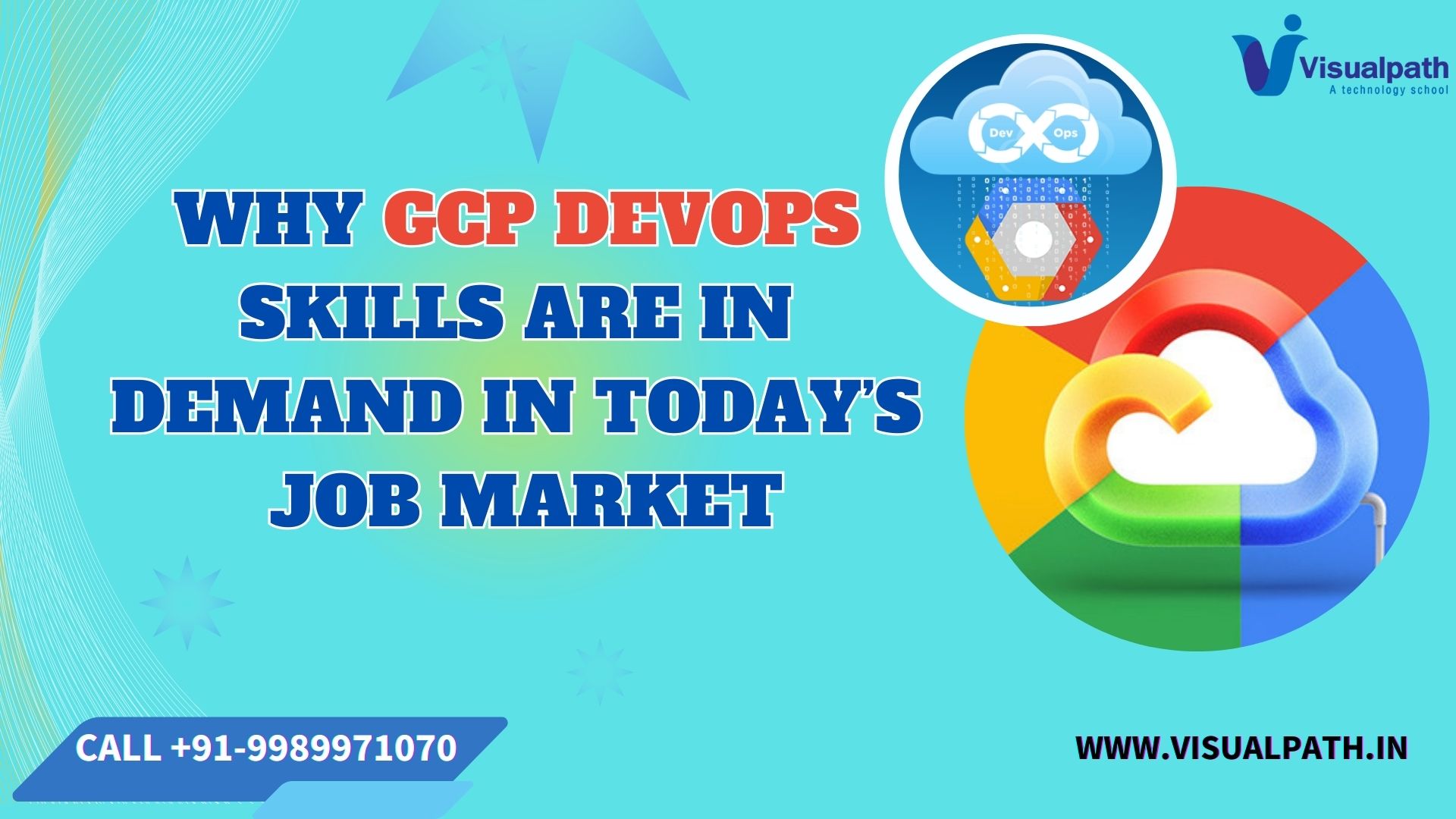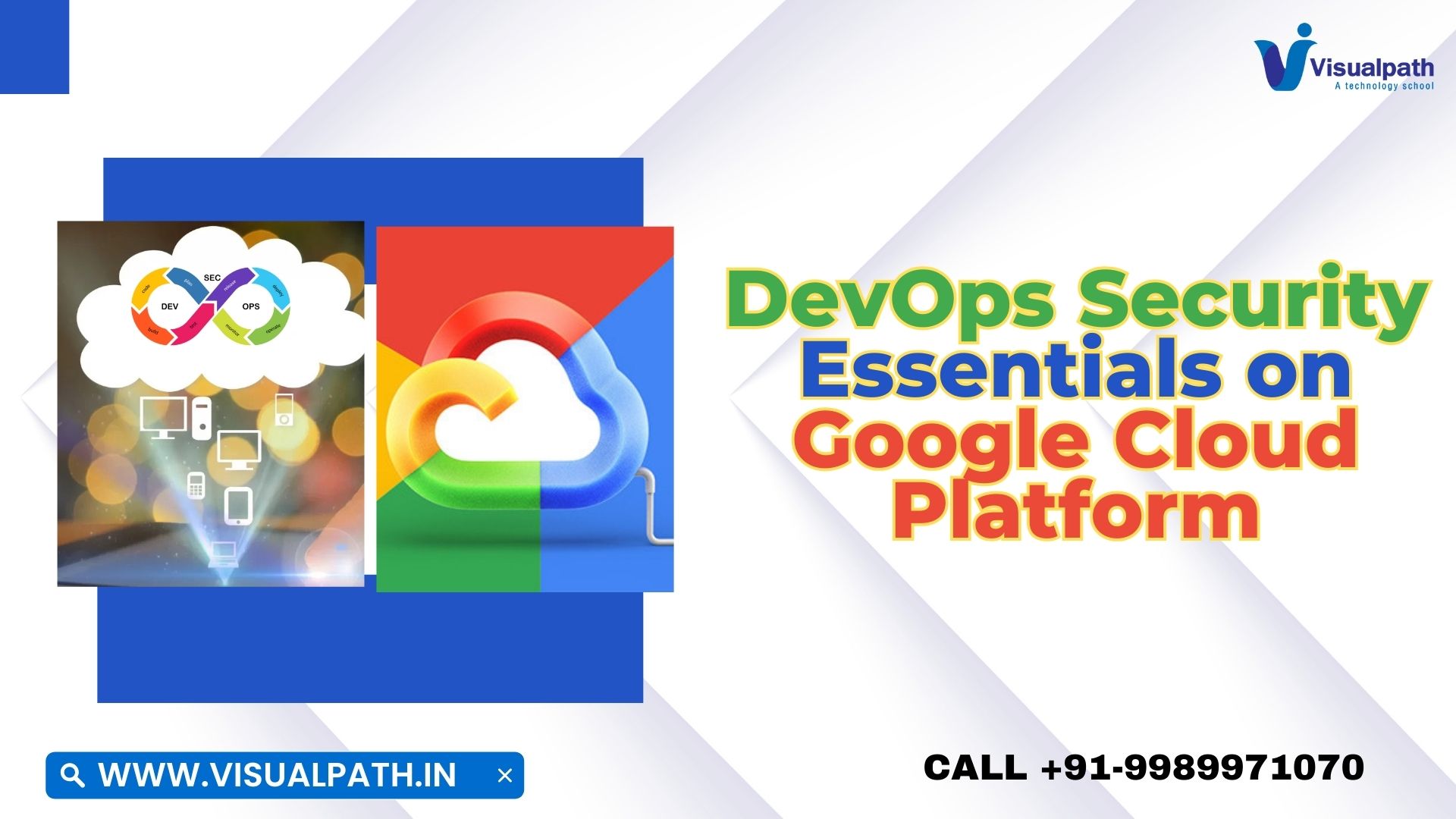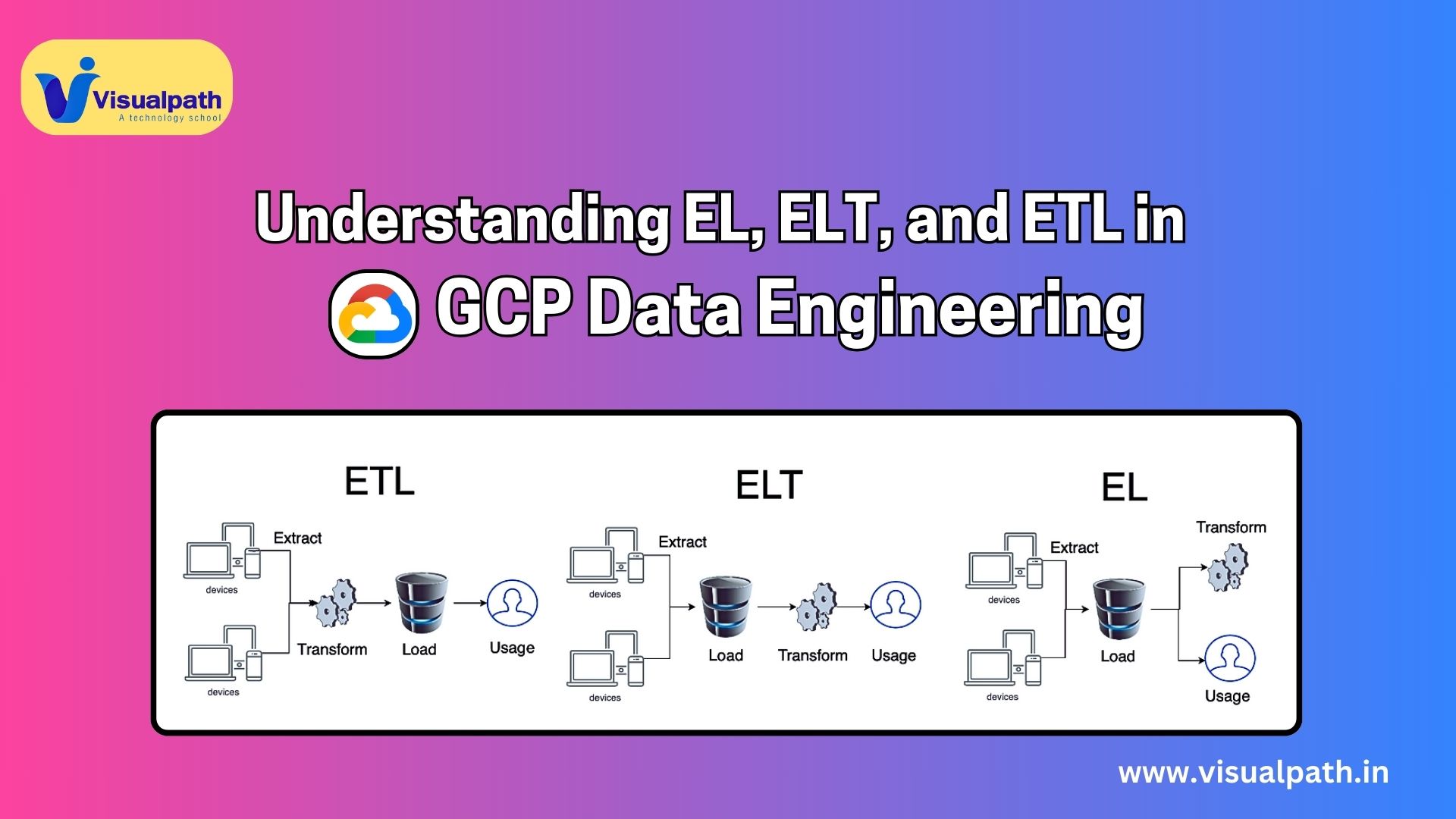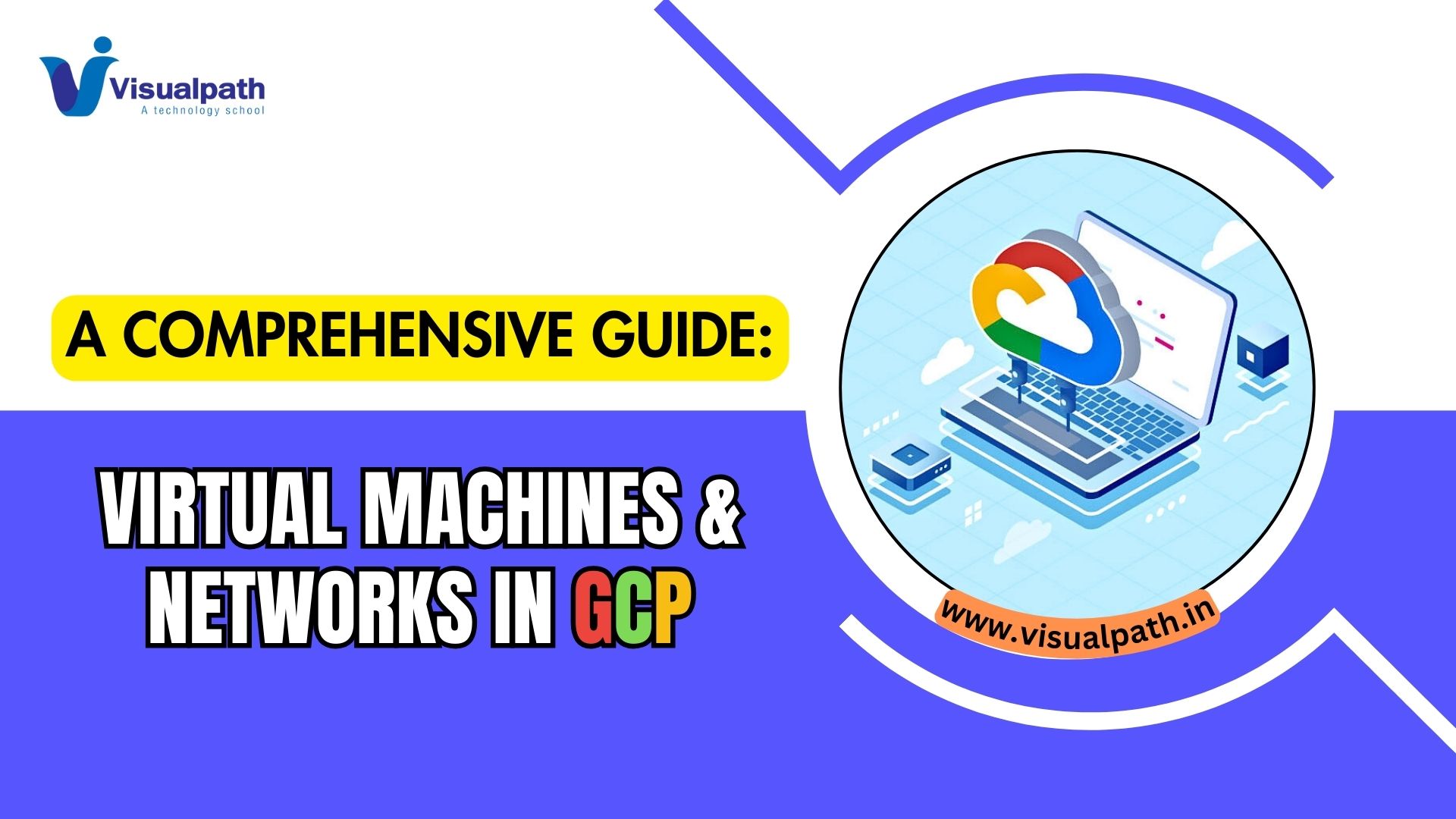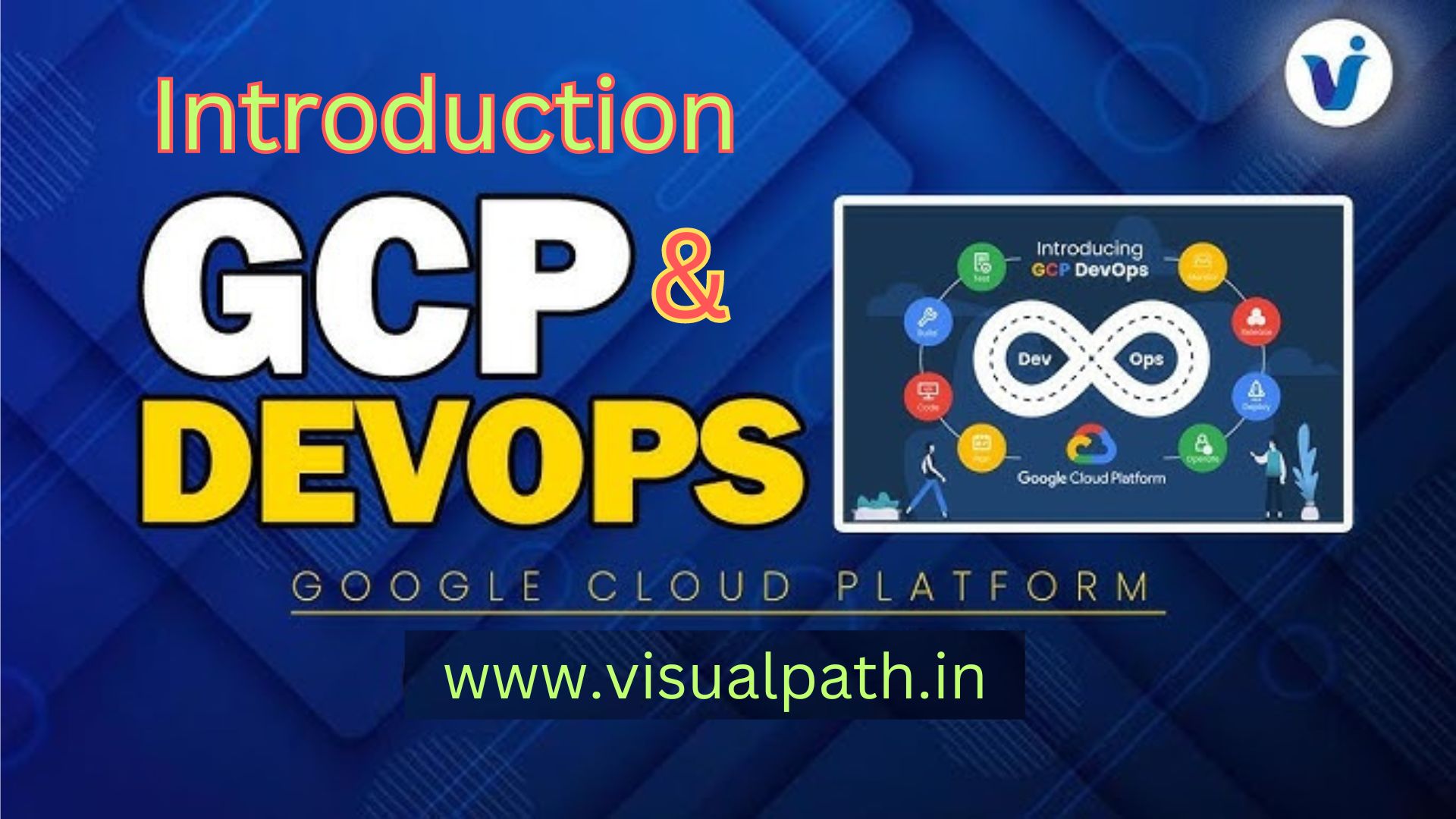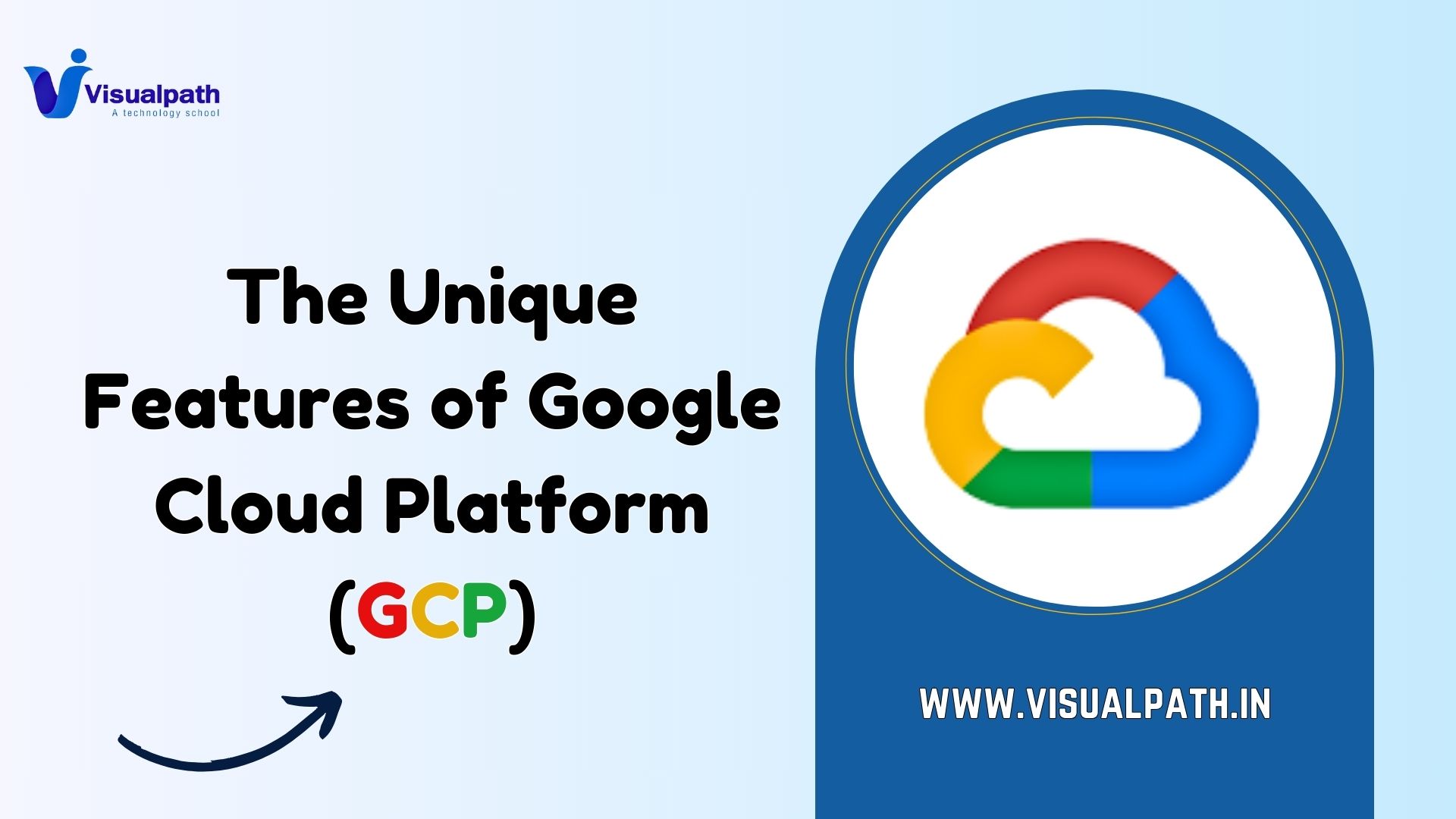Tag: GCP
Kickstart Your DevOps Career with GCP Training in 2024
Kickstart Your DevOps Career with GCP Training in 2024 GCP DevOps Online Training offers an exciting opportunity for anyone eager to dive into the world of cloud computing. Google Cloud Platform (GCP) is rapidly becoming a preferred choice for businesses looking to streamline their operations, and mastering DevOps on this platform is a great way […]
Building Reliable Data Pipelines on GCP Data Engineering
GCP Data Engineering Overview GCP Data Engineering is a powerful toolset for building, managing, and optimizing data pipelines in the cloud. It allows data engineers to design scalable, efficient, and reliable systems that process vast amounts of data. With Google Cloud Platform (GCP), data engineering professionals can leverage various services and technologies to handle big […]
How GCP Transforms DevOps: Best Practices for 2024
GCP DevOps Certification Training is becoming an essential milestone for IT professionals looking to stay ahead in the rapidly evolving field of DevOps. As businesses increasingly adopt the Google Cloud Platform (GCP) to enable seamless DevOps operations, its tools are revolutionizing the way organizations automate workflows, enhance collaboration, and scale processes effectively. By leveraging GCP’s […]
Top Tools for Google Cloud Data Engineers | 2025
Google Cloud Data Engineer Training: An Overview Google Cloud Data Engineer Training is essential for professionals who have mastered the art of designing and managing data-driven solutions on Google Cloud. The demand for skilled data engineers is skyrocketing as organizations seek experts to transform raw data into actionable insights. With specialized courses like the GCP Data […]
Why GCP DevOps Skills Are in Demand in Today’s Job Market
GCP DevOps Training has become a critical focus for businesses looking to leverage scalable, cloud-based applications. Google Cloud Platform (GCP), one of the leading cloud services providers, offers a robust DevOps environment that enhances productivity, reduces latency, and improves scalability across projects. As cloud technology transforms industries, the demand for professionals who possess GCP DevOps […]
DevOps Security Essentials on Google Cloud Platform- GCP DevOps Training
GCP DevOps -As digital transformation accelerates across industries, secure DevOps practices have become more critical than ever. Many organizations now rely on Google Cloud Platform (GCP) to build, test, and deploy applications efficiently. However, while GCP provides a solid foundation for cloud-native development, ensuring security within DevOps pipelines on this platform remains a key focus. […]
Understanding EL, ELT, and ETL in GCP Data Engineering
In the realm of data engineering, particularly when working on Google Cloud Platform (GCP), the terms EL, ELT, and ETL refer to key processes that facilitate the flow and transformation of data from various sources to a destination, usually a data warehouse or data lake. For a GCP Data Engineer, it’s important to understand the […]
Virtual Machines & Networks in the Google Cloud Platform: A Comprehensive Guide
Introduction: Google Cloud Platform (GCP) offers a powerful suite of tools to build and manage cloud infrastructure, with Virtual Machines (VMs) and Networking being two of its core components. This guide provides an overview of effectively using these features, focusing on creating scalable and secure environments for your applications. GCP Data Engineering Training Virtual Machines […]
Introduction to GCP and DevOps
What is GCP? Google Cloud Platform (GCP) is a suite of cloud computing services provided by Google. It offers a wide range of tools and services that enable businesses to build, deploy, and manage applications at scale. GCP provides infrastructure as a service (IaaS), platform as a service (PaaS), and software as a service (SaaS) […]
The Unique Features of Google Cloud Platform (GCP)
Google Cloud Platform (GCP) offers a range of unique features that distinguish it from other cloud providers. From cutting-edge infrastructure to advanced machine learning capabilities, GCP is designed to provide scalable, secure, and efficient cloud services. Here’s a comprehensive look at the unique features of GCP: GCP Data Engineering Training 1. Cutting-Edge Infrastructure 2. Advanced […]

